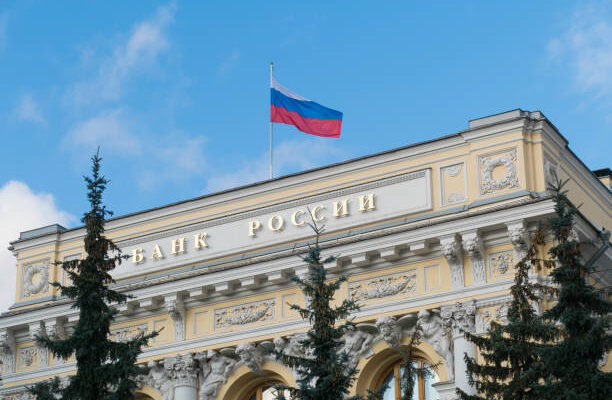
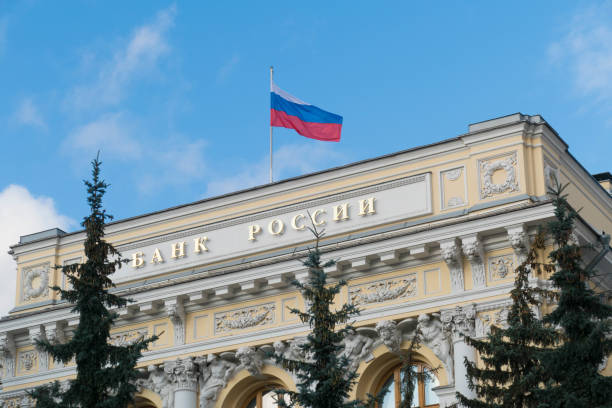
Russia now holds the largest economy in Europe, replacing Germany, which initially had the top spot, following a gross domestic product (GDP) report over the weekend.
Russia’s war-driven economy saw a boom in 2024, and it’s now the highest GDP on the continent in terms of purchasing power parity, or “PPP.”
Russia, one of the BRICS founding nations, has flourished economically despite increased sanctions since its invasion of Ukraine in 2022.
Russia’s GDP grew 3.6 per cent in 2023, with the trade and financial sectors rebounding. The country’s trade jumped by nearly 7 per cent last year, while activities in the financial sector and construction grew by 6.6 per cent and 3.6 per cent, respectively.
In the meantime, the World Bank also classified Russia’s economy as high-income in a new report published last week. In addition, the multinational funding agency has upgraded Russia to a high-income nation, estimating its gross income per capita at $14,250 annually.
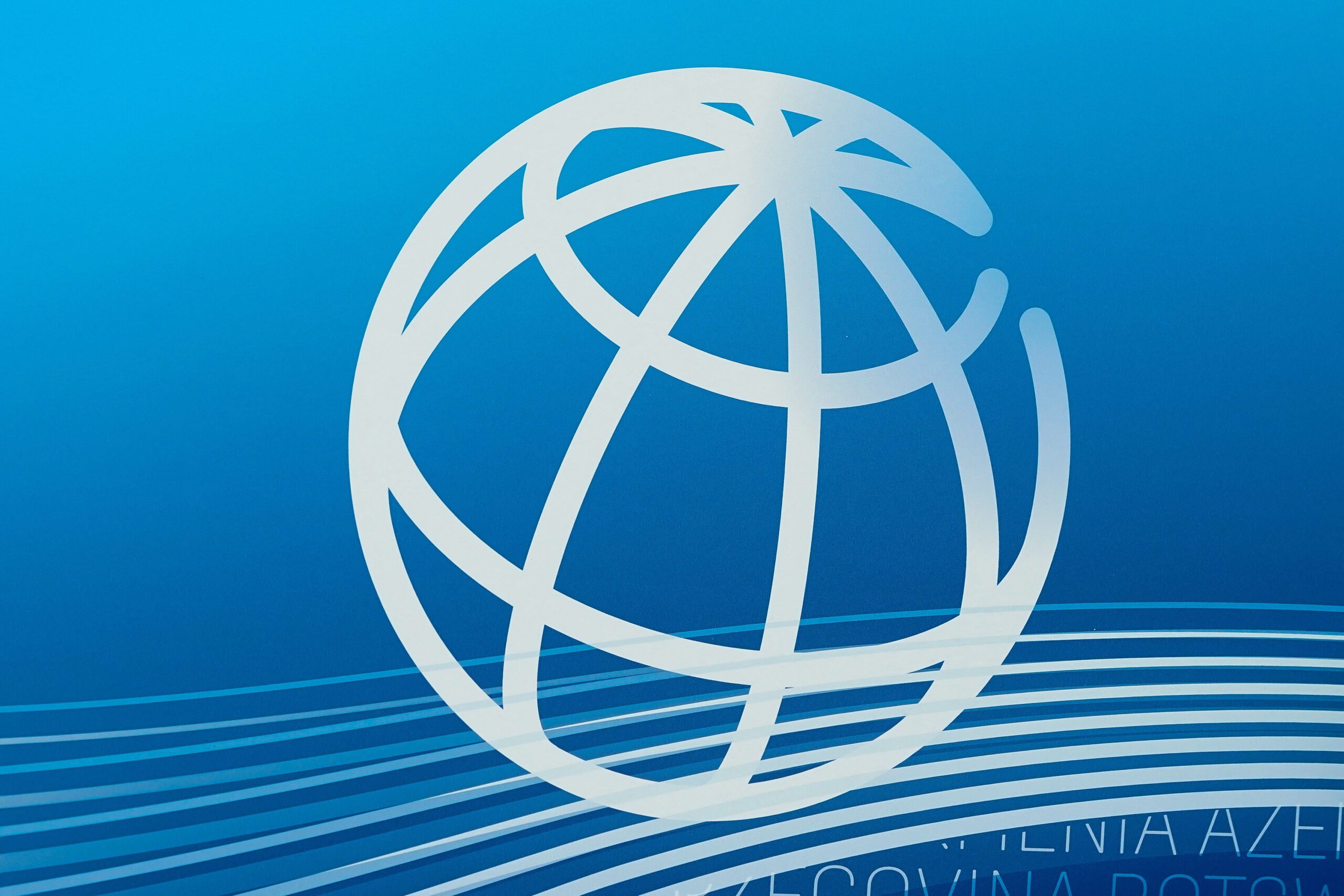
This comes just two years after the West imposed sanctions. Additionally, Russia now has the largest GDP in terms of purchasing power parity in Europe.
World Bank economists wrote in their report last week that “economic activity in Russia was influenced by a large increase in military-related activity in 2023.
The report confirms that Russia’s war activity and recent actions have indeed boomed its economy.

This latest milestone for Russia will be inspiring for other BRICS nations, big and small. Many BRICS economies are expected to continue growing this year.
India has been forecast to emerge as one of the world’s most dominant economies by 2028.
Fellow BRICS nations will also look to challenge the current positions of the G7 countries.
China remains number 1
China remains the top GDP in the entire world by PPP, with the United States a distant second. Russia and India are the other two BRICS countries in the top five globally for GDP, further showing the bloc’s recent growth.

In the last year, the BRICS economic alliance has firmly established its commitment to growth and global influence. The bloc enacted its first expansion initiative since 2001, leading the United Arab Emirates (UAE), Iran, Egypt, and Ethiopia to join the growing collective.
They have more fervently embraced de-dollarization initiatives within the bloc. Now, with the largest GDP in Europe and three of the top five globally, BRICS is becoming a global powerhouse economically.


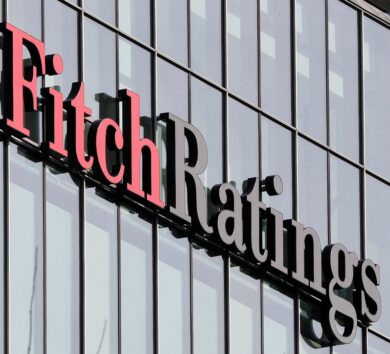
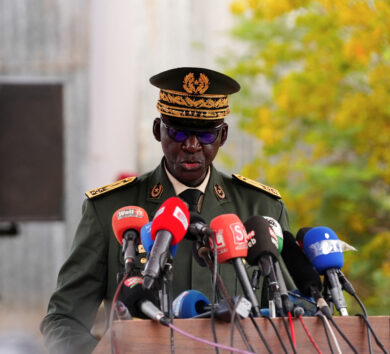



Comments